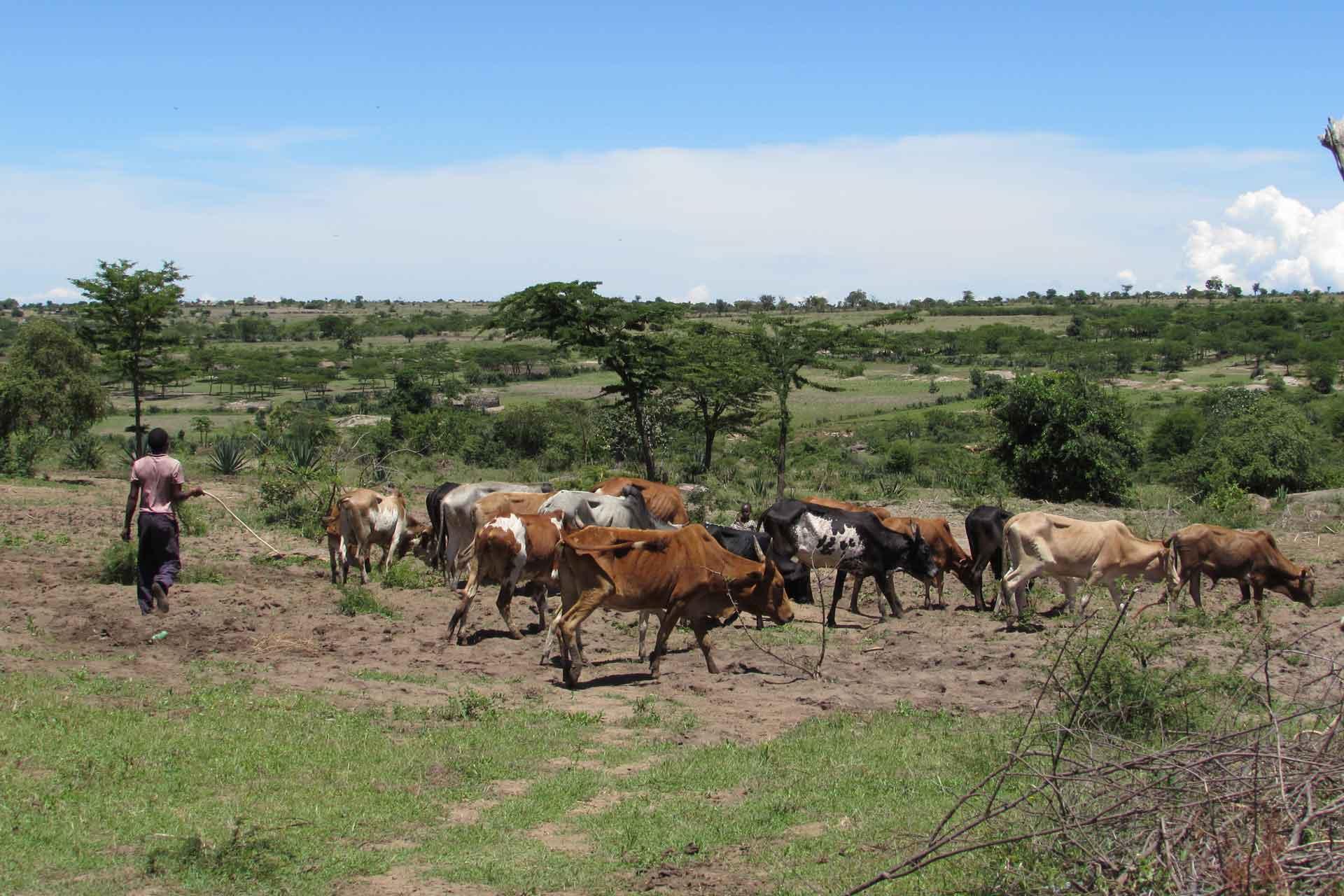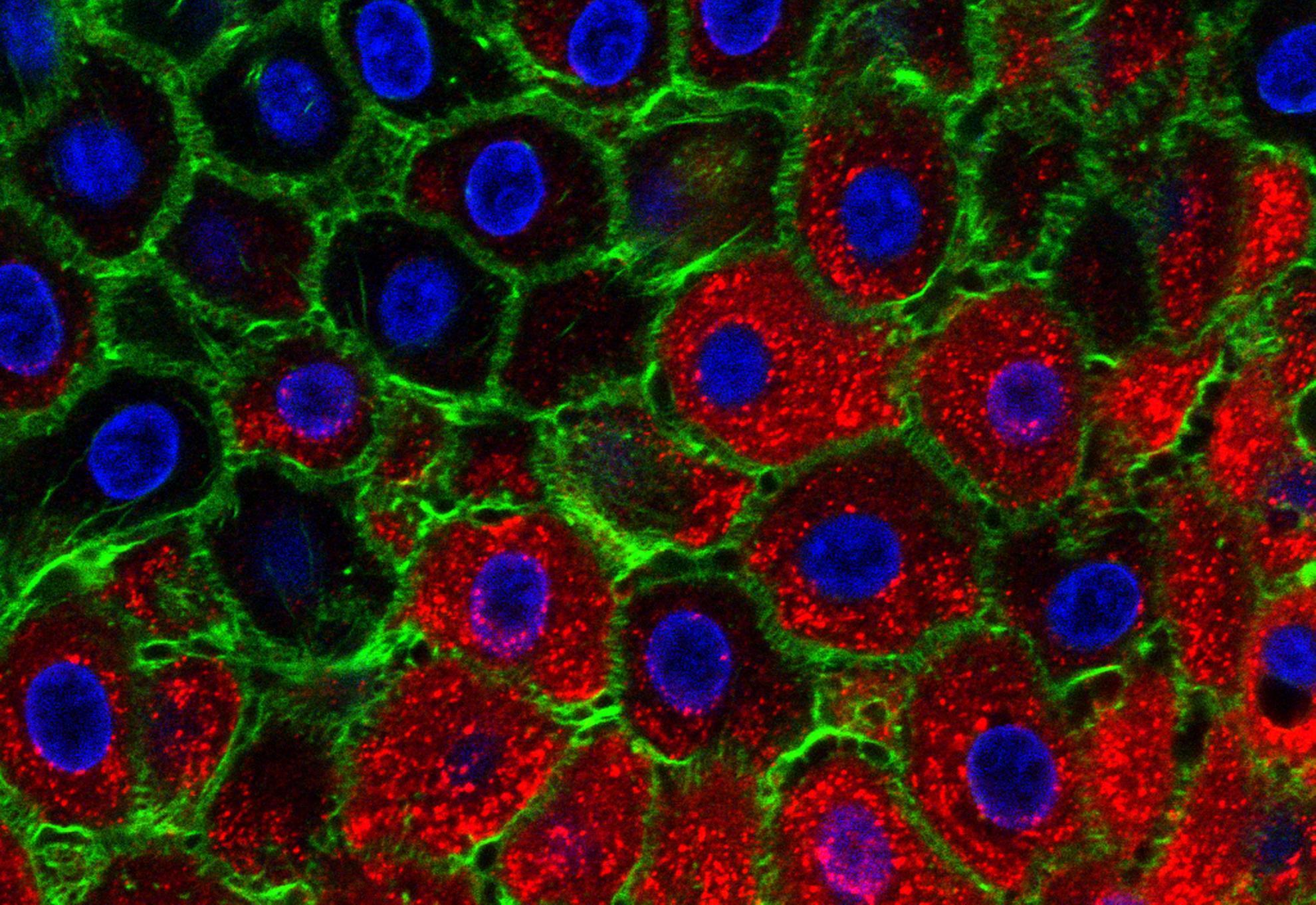Challenges of generating and maintaining protective vaccine-induced immune responses for foot-and-mouth disease virus in pigs
Vaccination can play a central role in the control of outbreaks of foot-and-mouth disease (FMD) by reducing both the impact of clinical disease and the extent of virus transmission between susceptible animals. Recent incursions of exotic FMD virus lineages into several East Asian countries have highlighted the difficulties of generating and maintaining an adequate immune response in vaccinated pigs. Factors that impact upon vaccine performance include: (i) the potency, antigenic payload and formulation of a vaccine; (ii) the antigenic match between the vaccine and the heterologous circulating field strain and (iii) the regime (timing, frequency and herd-level coverage) used to administer the vaccine. This review collates data from studies that have evaluated the performance of FMDV vaccines at the individual and population level in pigs, and identifies research priorities that could provide new insights to improve vaccination in the future.

